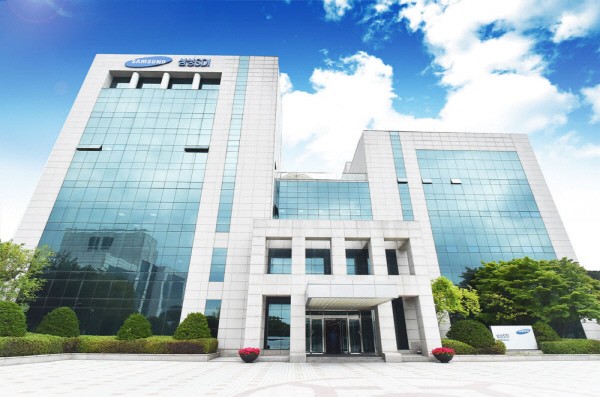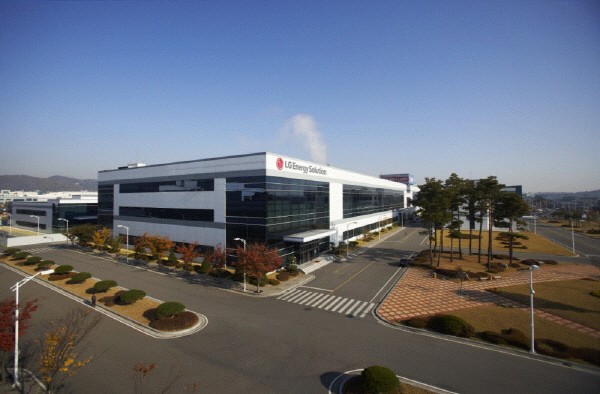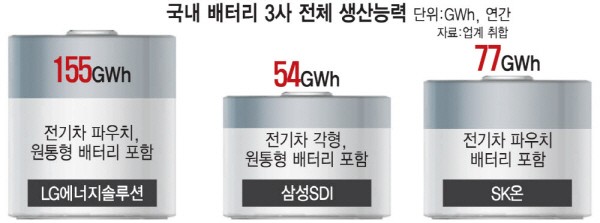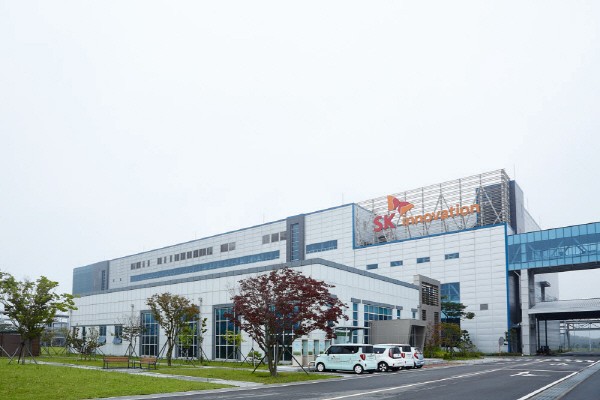The total investment of the three domestic companies is expected to reach KRW 30 trillion, a 'largest in history'... Focus on EV
Establishing partnerships through joint ventures… Be busy with diffe


A fierce investment competition was foreseen this year among the three domestic battery companies as Samsung SDI made a large-scale investment in EV batteries in Europe.
It is highly likely that the total investment amount of the three battery companies will exceed the largest ever sum of KRW 30 trillion. The large-scale investment in the battery industry is aiming at the rapidly emerging European and North American markets as the companies try to secure new EV battery orders.
Domestic battery manufacturers invest around KRW 10 to 20 trillion annually. LG Energy Solution announced that it will invest 58% more in EV batteries this year. The combined sum of SK On's North American and European investments and Samsung SDI's new investment in Hungary is estimated to reach KRW 30 trillion.

The battery industry focused mainly on EV, because the EV market grew rapidly and emerged as the largest demand in the battery industry. The demand for batteries increased significantly as many auto manufacturers such as, Tesla, Volkswagen, BMW, and General Motors (GM) entered the EV market. The large-scale demand was driven by a strong shift from internal combustion locomotives towards electrification.
The increase in demand for EV batteries has caused an imbalance in supply-demand. This is the reason why the three domestic battery companies that are at the forefront of the global market are making large-scale investments to increase their supply capabilities.
The Inflation Reduction Act (IRA) that was implemented in order to build an EV supply chain independently has become both a crisis and an opportunity for the Korean battery industry. U.S. President Joe Biden passed a bill that would provide $75 million worth of subsidy for domestically produced EV. Since the bill has been passed, the battery manufacturers that produce core parts for EV are in a situation where they have to build a battery plant in the United States. The Korean and Japanese battery industries are expected to benefit as the main purpose of the IRA is to exclude Chinese companies from the US EV battery supply chain. However, it is simultaneously a challenge to increase market influence through fierce competition among companies.
It is for this reason that all three domestic battery companies are expanding their investments in North America. LG Energy Solution operates a battery-only plant in Holland, Michigan, and two joint ventures with GM. SK On will operate a joint plant with Ford, and Samsung SDI will soon begin to construct a joint plant with Stellantis. The industry's consensus is that the North American EV market will grow into a market similar to that of Europe, and become a key customer of domestic battery manufacturers.
The key is securing as many battery orders in major EV markets such as Europe and North America. The aim of each domestic battery manufacturer is to increase the chances of winning orders by establishing a joint venture (JV) with automakers. It is a way to create demand for large-scale supply by securing stable supply through partnering with automakers. As most of the North American customers overlap with the three domestic companies: LG Energy Solution, Samsung SDI, and SK On, it is advantageous to establish a partnership quickly to take the lead in the market.
An industry official said, “US automakers such as Tesla, GM, and Ford will launch more EV by securing EV subsidies and competitive pricing. The domestic battery manufacturers need to be equipped with differentiated competitiveness in the North American market as China is facing difficulties entering the US market.”

By Staff Reporter Ji-woong Kim (jw0316@etnews.com)